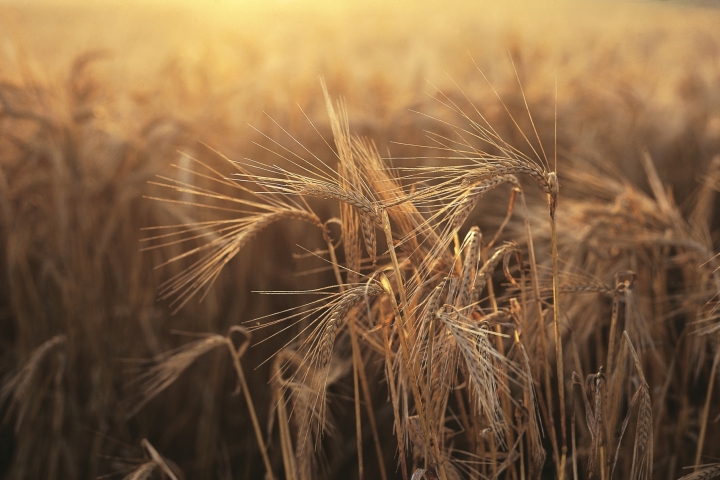Ecosystem Ecology
About this group
Group information
Contact
Research subject
Research environments

The research in Ecosystem ecology has the main overall aim to increase our understanding of terrestrial plant-soil-microbe systems. Currently much effort is placed on the carbon cycle and in particular processes that occur in the soil such as soil respiration, litter decomposition and the production and turnover of ectomycorrhizal mycelium. Soil processes is inherently difficult to study. Traditionally soil samples have been brought to the laboratory and processes have been studied on sieved and, consequently, highly disturbed soil samples. This disrupts the intimate relationships between plant roots and soil microorganisms. The development of stable isotope methods and instruments has open possibilities to study soil processes in situ in the undisturbed ecosystem. At Orebro Isotope Laboraratory (OIL) we have two Isotope Ratio Mass Spectrometers and additional equipment allowing analyses of natural and manipulated variations in the occurrence of isotopes of light elements (13C, 18O, 15N, D) in gases, bulk organic materials as well as in specific compounds. We also have a portable laser instrument (Picarro 2101i) allowing on line measurements of 12C and 13C of CO2 directly in the field. The OIL was opened 2010 and it has since then been developed into one of the few core stable isotope laboratories in Sweden. The laboratory manager, professor Alf Ekblad, has 25 years’ experience of the application of stable isotopes and has developed novel methods as well as applied these and other methods in many different systems. We are therefore collaborating in several projects both within and outside of our main field of research. Recently finished or ongoing examples (with collaborating University/institute within brackets) are: agricultural management and soil carbon (SLU, Uppsala), plant ecology (Stockholm University), paleoclimatology (University of Kolkata, India), environmental pollutants in birds and mammals (Swedish Museum of Natural History). The universities with which we have the longest and most extensive collaboration are Lund University and SLU, Uppsala. Much of the collaboration with SLU is currently within the strong research environment IMPRESS.
Some key publications
Clemmensen KE, Bahr A, Ovaskainen O, Dahlberg A, Ekblad A, Wallander H, Stenlid J, Finlay RD, Wardle DA, Lindahl BD 2013 Roots and associated fungi drive long-term carbon sequestration in boreal forest. Science 339: 1615-1618.
Ekblad A, Högberg P 2001 Natural abundance of 13C in CO2 respired from forest soils reveals speed of link between tree photosynthesis and root respiration. Oecologia 127: 305-308.
Ekblad A, Wallander H, Godbold DL, Johnson D, Baldrian P, Björk RG, Cruz C, Epron D, Kieliszewska-Rokicka B, Kjöller R, Kraigher H, Matzner E, Neumann J, Plassard C 2013 The production and turnover of extramatrical mycelium of ectomycorrhizal fungi in forest soils: role in carbon cycling. Marschner Review. Plant and Soil 366:1–27.
Högberg P. Nordgren A. Buchmann N. Taylor A. Ekblad A Högberg M. Nyberg G. Ottosson-Löfvenius M, Read D 2001 A large-scale tree girdling experiment exposes controls on forest soil respiratory activity. Nature 411: 789-792.
Näsholm T, Ekblad A, Nordin A, Giesler R, Högberg M, Högberg P 1998 Boreal forest plants take up organic nitrogen. Nature 392: 914-916.
For a complete list of publications of professor Alf Ekblad see Google Scholar.
Researchers
Research projects
Active projects
- BALANCE - Treatment of low-contaminated soil with biochar produced from organic waste for sustainable resource use and circular economy
- Biochar application for pollutant stabilization and ecological restoration of contaminated land in Sweden
- Ectomykorrhizal mycelium - its production and turnover and importance for the soil carbon storage
- Kolisotopfraktionering under skogsväxters och markorganismers respiration
- The status of ecosystem functions of polluted lands assessed in situ using plant, soil and microbial indicators



